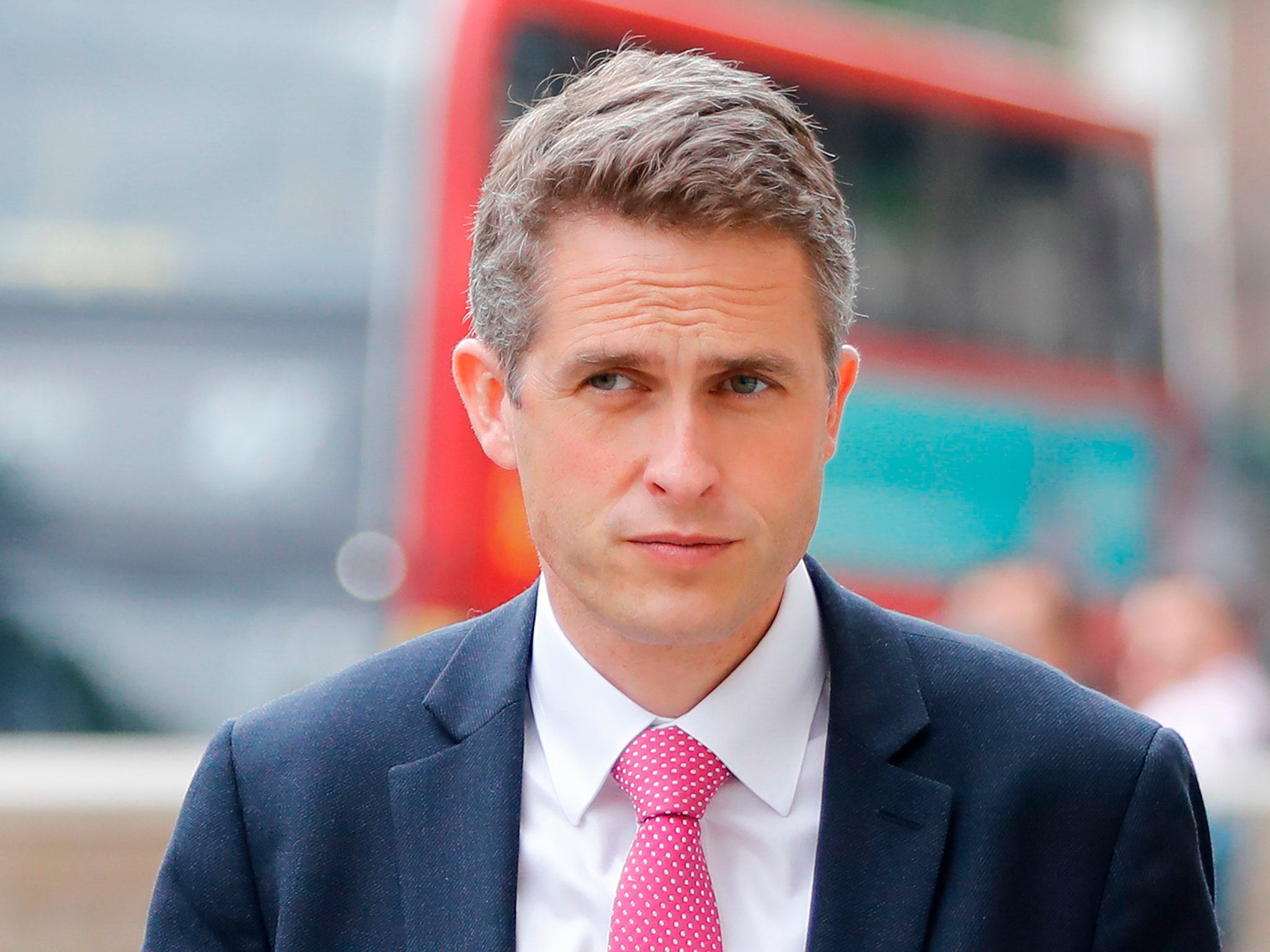If we refuse to work with the European Union on counterterrorism following Brexit, we will all be at risk
Labour's approach is based on our values: strong powers accompanied by strong safeguards to protect our way of life and working together with other countries in a globalised world


Your support helps us to tell the story
From reproductive rights to climate change to Big Tech, The Independent is on the ground when the story is developing. Whether it's investigating the financials of Elon Musk's pro-Trump PAC or producing our latest documentary, 'The A Word', which shines a light on the American women fighting for reproductive rights, we know how important it is to parse out the facts from the messaging.
At such a critical moment in US history, we need reporters on the ground. Your donation allows us to keep sending journalists to speak to both sides of the story.
The Independent is trusted by Americans across the entire political spectrum. And unlike many other quality news outlets, we choose not to lock Americans out of our reporting and analysis with paywalls. We believe quality journalism should be available to everyone, paid for by those who can afford it.
Your support makes all the difference.Modern-day terrorism knows no borders and will always exploit modern technology to its fullest. When terrorists flew fuel-laden aeroplanes into New York’s Twin Towers on 11 September 2001, Facebook and Twitter did not even exist. The widespread use of smartphones was still many years away.
Thus, Labour accepts the need to update our counterterror laws to protect the public. Our approach is based on our values: strong powers accompanied by strong safeguards to protect our way of life and working together with other countries in a globalised world.
As internet usage changes, so must our approach. The framework of our anti-terror laws was in the Terrorism Act 2000 which criminalised the downloading of terrorist recruitment videos or propaganda. A defence of “reasonable excuse” protected the freedom of academics, journalists and other researchers. However, internet usage has now changed: content is now streamed. The government’s initial proposal was to capture streaming with a requirement of “three clicks”. This raised more questions than answers, and we are pleased it was abandoned by the government, and that they have amplified the “reasonable excuse” defence so that it explicitly covers inadvertent clicking instead.
A further government proposal outlines that fees could be applied to organisers of events to protect them from a terrorism risk, including legitimate public protest. We understand the need for safety at these events to protect us all from the risk of terrorism. However, a balance must be struck between the right to peaceful protest and the need to protect it. I am pleased that the government has brought forward a concession to exclude demonstrations and commemorations.
At a late stage in the passage of this bill, the government has introduced an amendment on “designated areas” – that is, parts of the globe that are considered a high terror risk. This criminalises those who decide to travel to an area that has been designated by the home secretary as risky. Labour recognises the need to find a way to deal with the issue of “foreign fighters” returning from abroad and by doing so protect the public.
We totally reject the defence secretary’s suggestion last December that “hunting down and killing” everyone who has fought abroad – irrespective of whether they were coerced into travelling, for example – is a credible way to deal with this issue.
In addition, suggestions we should update the concept of treason, a law from a different era, first introduced in 1351, and not used since 1945, are misplaced. We will, of course, subject this proposal to scrutiny in the House of Lords. Our position is clear – we recognise due process and the rule of law. We should never undermine those very values the terrorists seek to destroy.
We also need our international partners more than ever. We commend our police and security services for their work in investigating the terrible poisonings in Salisbury. In recent weeks, as the government has put measures in place to try to apprehend the suspects for the poisoning of the Skripals, the European Arrest Warrant was immediately utilised. However, the government failed to support Labour’s amendment to make continuing participation in the European Arrest Warrant an objective in the Brexit negotiations – a bizarre and worrying decision.
It’s time the Tories put internal divisions on Brexit to one side and recognised that working with the EU27 on security is not just desirable, it is essential.
Diane Abbott is the shadow home secretary and Nick Thomas-Symonds MP the shadow minister for security
Join our commenting forum
Join thought-provoking conversations, follow other Independent readers and see their replies
Comments